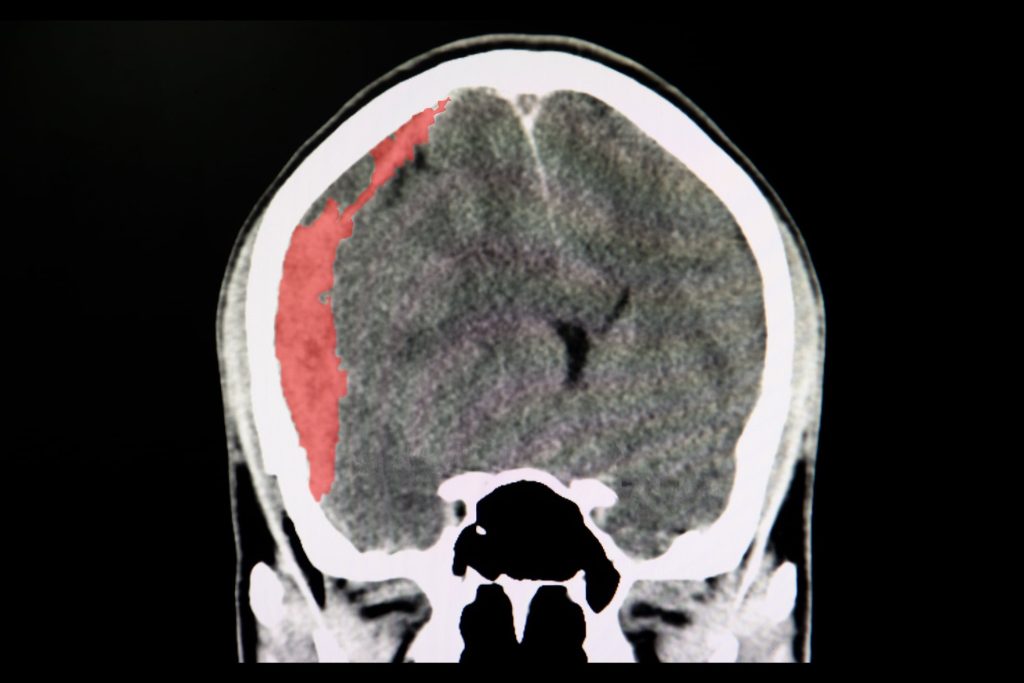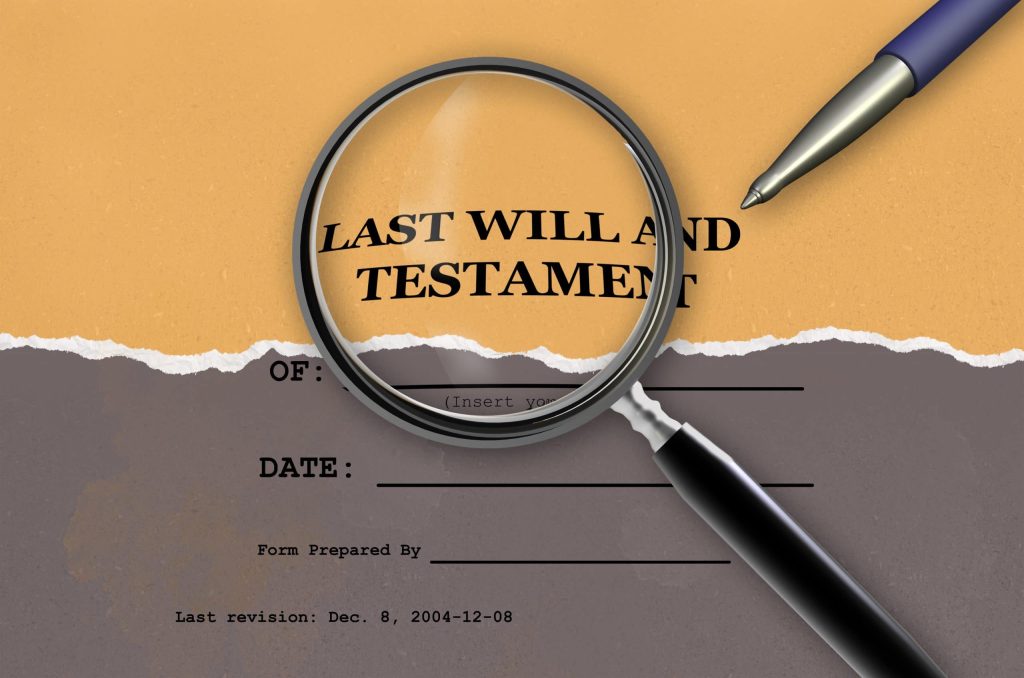Undue Influence and Limited Capacity Do Not Necessarily Justify Conservatorship

OCTOBER 31, 2016 VOLUME 23 NUMBER 41 In our legal practice, we frequently deal with individuals with limited capacity. Sometimes we speak of them being “incapacitated” or “incompetent.” Sometimes they are “disabled,” or qualify as “vulnerable adults,” or are subject to “undue influence.” But each of those terms means something specific, and some variations even […]
Even Lawyers Can Have Trouble Recognizing Undue Influence

OCTOBER 20, 2014 VOLUME 21 NUMBER 38 We often say that experienced lawyers can be pretty good at judging the competence of a client to make a will, sign a power of attorney or execute other documents. We (collectively) probably make better witnesses on those questions than even the doctors and medical staff attending to […]
Will Contests Must Be Based on Actual Evidence
APRIL 28, 2014 VOLUME 21 NUMBER 16 We have written before about the fact that, despite popular notions, will contests are actually quite rare. We have explained to our readers that mounting a will contest can be an expensive proposition, and that the likelihood of success is usually slight. Those observations remain true today, but […]
Can a Person with Dementia Sign Legal Documents? (Part 2)

MARCH 4, 2013 VOLUME 20 NUMBER 9 Last week we posed the question, and then mostly wrote about competence (or capacity) to sign a will. We promised to explain more about the level of competence required to sign other documents. So let us now tackle that concept. A person with a diagnosis of dementia may […]
Can a Person With Dementia Sign Legal Documents?
FEBRUARY 25, 2013 VOLUME 20 NUMBER 8 Let’s get the answer to the question out of the way first, and then we can deal with more nuance. Yes, a person with dementia may be able to sign legal documents. The inability to sign documents (what is usually known in the law as “incompetence” or, sometimes, […]
Claimant Must Prove Undue Influence, Lack of Capacity
AUGUST 27, 2012 VOLUME 19 NUMBER 33 It has been some time since we wrote about the concepts of undue influence and lack of testamentary capacity — and the differences between these two legal concepts. A recent Minnesota appellate case strikes us as a good opportunity to revisit challenges to wills and trusts based on […]
Guardianship May Suggest Lack of Testamentary Capacity

MARCH 19, 2012 VOLUME 19 NUMBER 11 Can a person under guardianship sign a new will? After all, in order to have a guardian appointed (in Arizona, at least), the court must first have found that the person is impaired by a mental disorder (or some other cause) and that he or she “lacks sufficient […]
Patient With Dementia May Have Authored Valid Will
NOVEMBER 7, 2011 VOLUME 18 NUMBER 38 A woman has been diagnosed as suffering from dementia of the Alzheimer’s type, and she resides in an assisted living facility. She has short-term memory loss, is frequently forgetful and has difficulty with tasks like playing cards and operating her television set. Can she sign a new will? […]
Court Distinguishes Between Undue Influence, Incapacity
DECEMBER 28 , 2009 VOLUME 16, NUMBER 66 Contrary to public perceptions, will contests are actually rare. In fact, few wills are written in such a way that anyone would benefit from a contest — most wills leave property to the same people who would inherit if there was no will. When there is a […]
Beneficiary Change Requires Higher Mental Capacity Level
MAY 26, 2003 VOLUME 10, NUMBER 47 An individual must be mentally competent before making a valid will, signing a contract or executing almost any legal document. Confusion often arises because the level of competence required may vary depending on what sort of document is being signed. Take the case of Agnes Marquis of Bangor, […]


